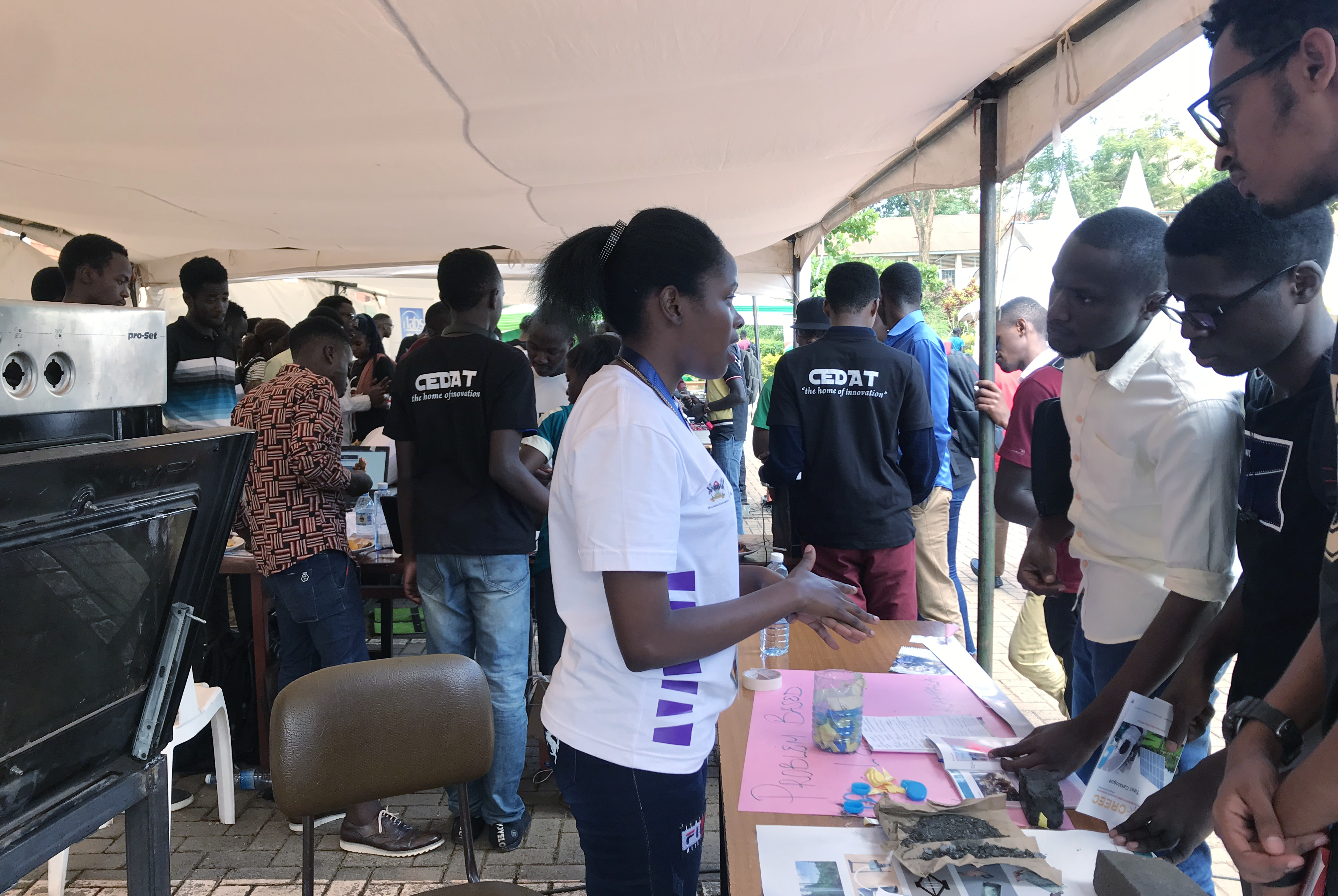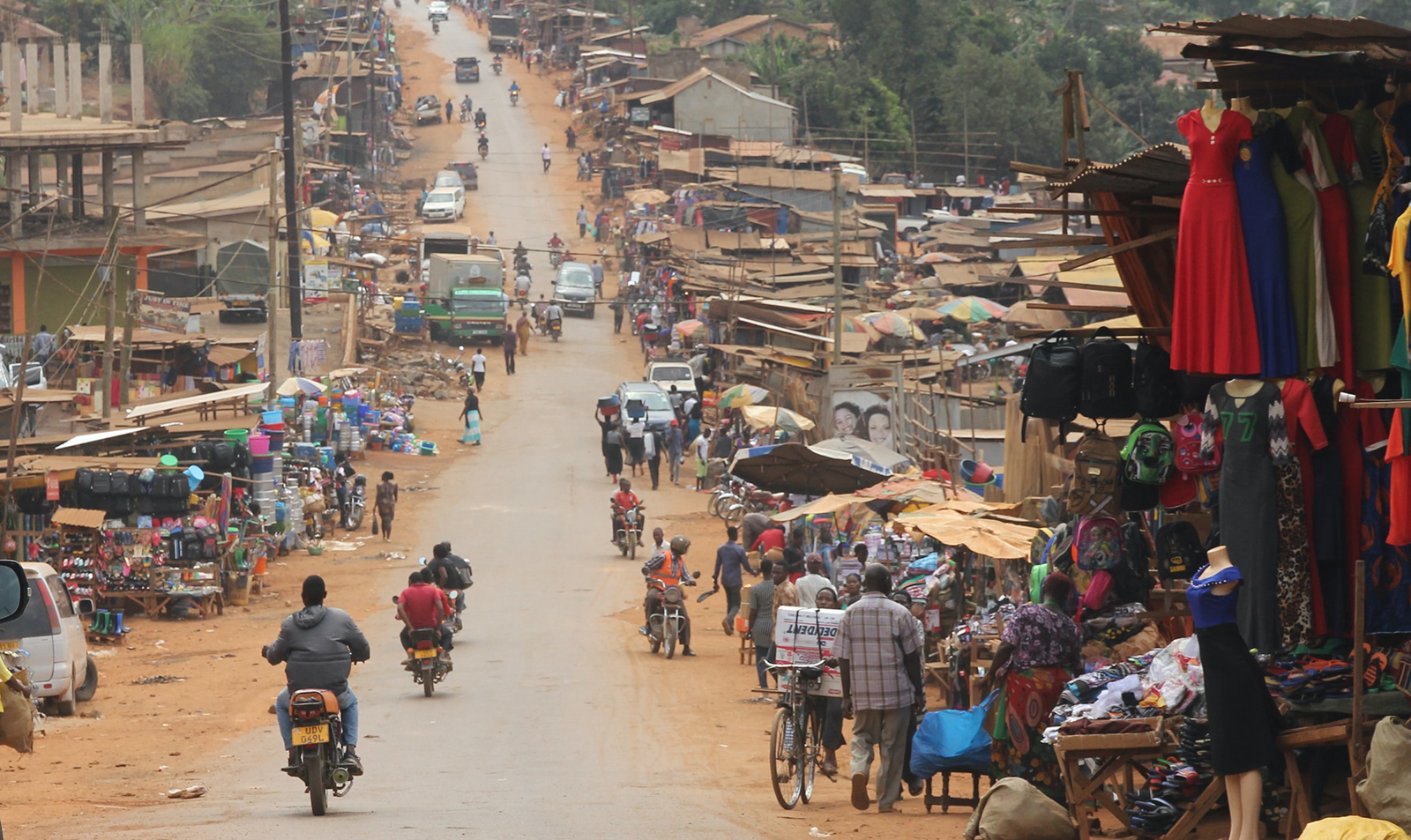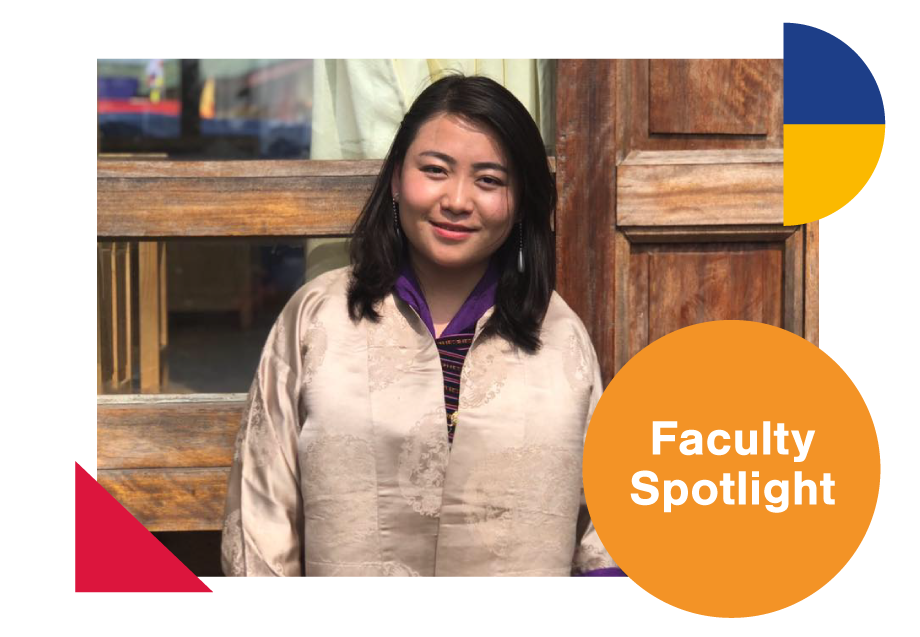The third PBL East Africa faculty workshop was held in Kampala from 20th to 26th of October 2018. All four partner university members joined to discuss PBL approaches and to organize workshop sessions. I was part of the faculty workshop as an Aalto student mentor, joining the opening panel discussion and organizing peer-to peer-mentoring for the new PBL Makerere student teams.
The key event of the workshop was the open lecture by Professor Minna Halme, held in Makerere University, College of Engineering, Design, Architecture and Technology (CEDAT) auditorium. The topic of the lecture “Practicing sustainability through PBL – Catalysing Future Innovations” generated great interest in the audience. The main questions after the lecture were about the employment of PBL alumni and how this kind of approach can guarantee students with job opportunities in the existing labor market. Through a practical example, I believe, this question was also answered during the panel discussion by Bruce Nuwagaba, an alumnus from the past year’s PBL East Africa round from Makerere University. Bruce talked about special skills such as teamwork in a multidisciplinary setting that he developed while being part of the 2018 PBL Makerere Up-Plastic team, and recommended the program to other students. I talked about my role as an Aalto student team member, taking a broader view to the topic and addressing it from the sustainability perspective, being more of a facilitator than a decision maker.
On the same day Bruce and I got to know the new PBL student challenge winning teams from Makerere University and arranged the peer-to-peer mentoring with them. Both teams are working to address the topic of clean water with two different approaches. One team will work on the topic of “Horizontal flow constructed wetlands” together with Aalto students from the Sustainable Global Technologies programme. The other team focuses on generating a sand filter of turbid water and will be mentored by Makerere’s PBL East Africa staff.
Peer-to-peer mentoring was quite an interesting experience. From the very beginning, Bruce and I decided not to get too involved in the new projects but instead explain the PBL approach, give some guidelines about the project planning and most importantly, link the project to different aspects of sustainable development. Both teams were very engaged in mentoring processes, asking questions about our experiences. Bruce had a very interesting point, advising students to try to find simpler, less technical ways to explain their projects and knowing the audience they talk to. He talked about the community outreach of Up-Plastic and the importance of addressing community challenges.
Explaining the role of the partnering Aalto team was the most challenging part of the process, as expectations of students were somewhat different, mostly focusing on their own specific projects rather than a wider understanding of problem based learning. It must be said though that this is just the beginning of the project, therefore, students will have the possibility to get more hands on experience with PBL approaches and to develop a deeper understanding of the concept as they get started on the project work.
In addition to the faculty workshop, it was quite a busy week for my own Up-Plastic team too!
During the week, we were invited the 6th Annual Youth Development Exhibition in Uganda National Museum. Different products and projects were presented by various youth groups. Team Up-Plastic got some valuable contacts of professionals in the field.
The PBL workshop week ended at the CEDAT open day where the team was presenting both the project and PBL approach to invited guests and minister-level decision-makers, students and members of the staff. CEDAT Student Open Day is an annual event showcasing different student projects taking place at Makerere University, College of Engineering, Design, Architecture and Technology. Many of the students who stopped by found out about the PBL project and mentioned that they would like to be part of it next year.
Hopefully, the interest in PBL among students grows each year. I believe the dedicated and enthusiastic team Up-Plastic and other PBL alumni will be one of the key players in safeguarding that the project becomes self-sustaining and continues in the future.
Read more
PBL East Africa website
SGT – Sustainable Global Technologies Programme
Text & photo: Anna Kintsurashvili
Tags:
PBL East Africa
This post was written by AGI



